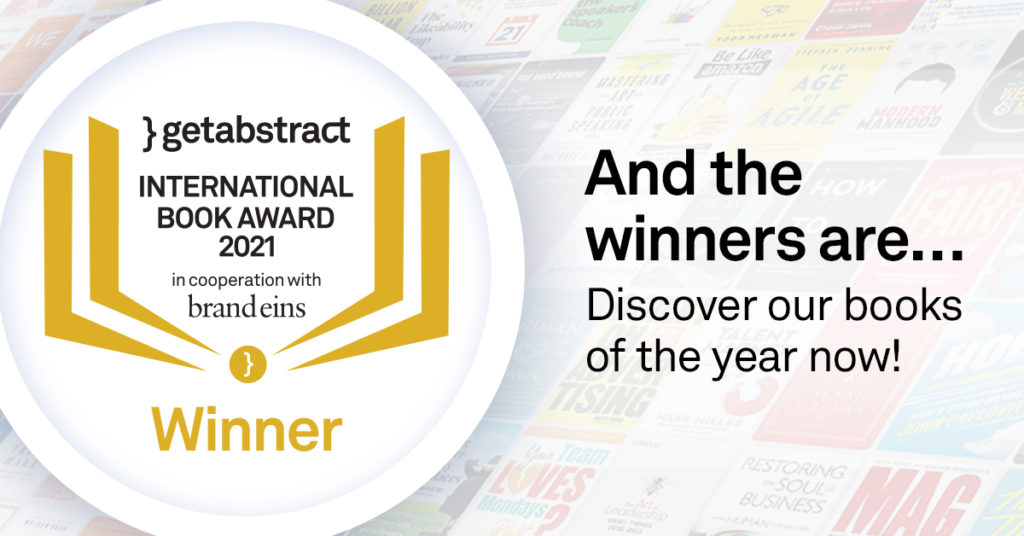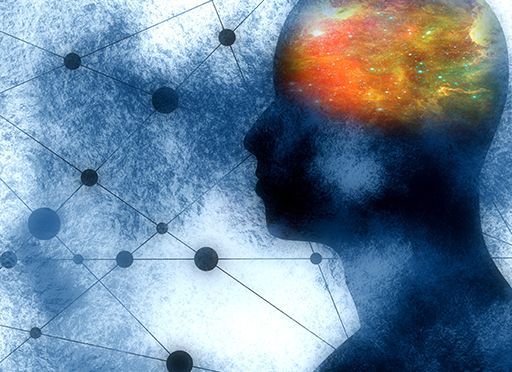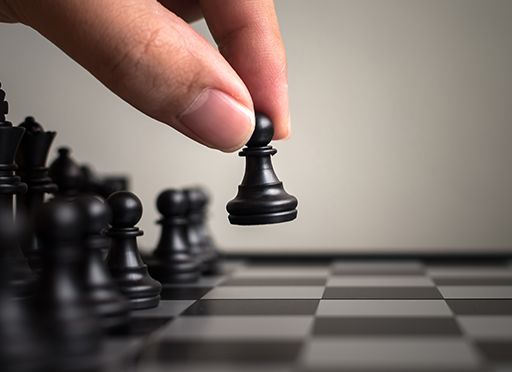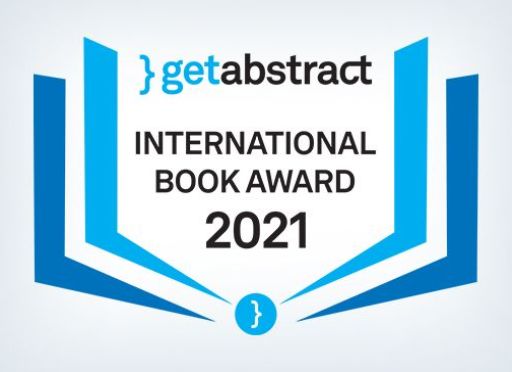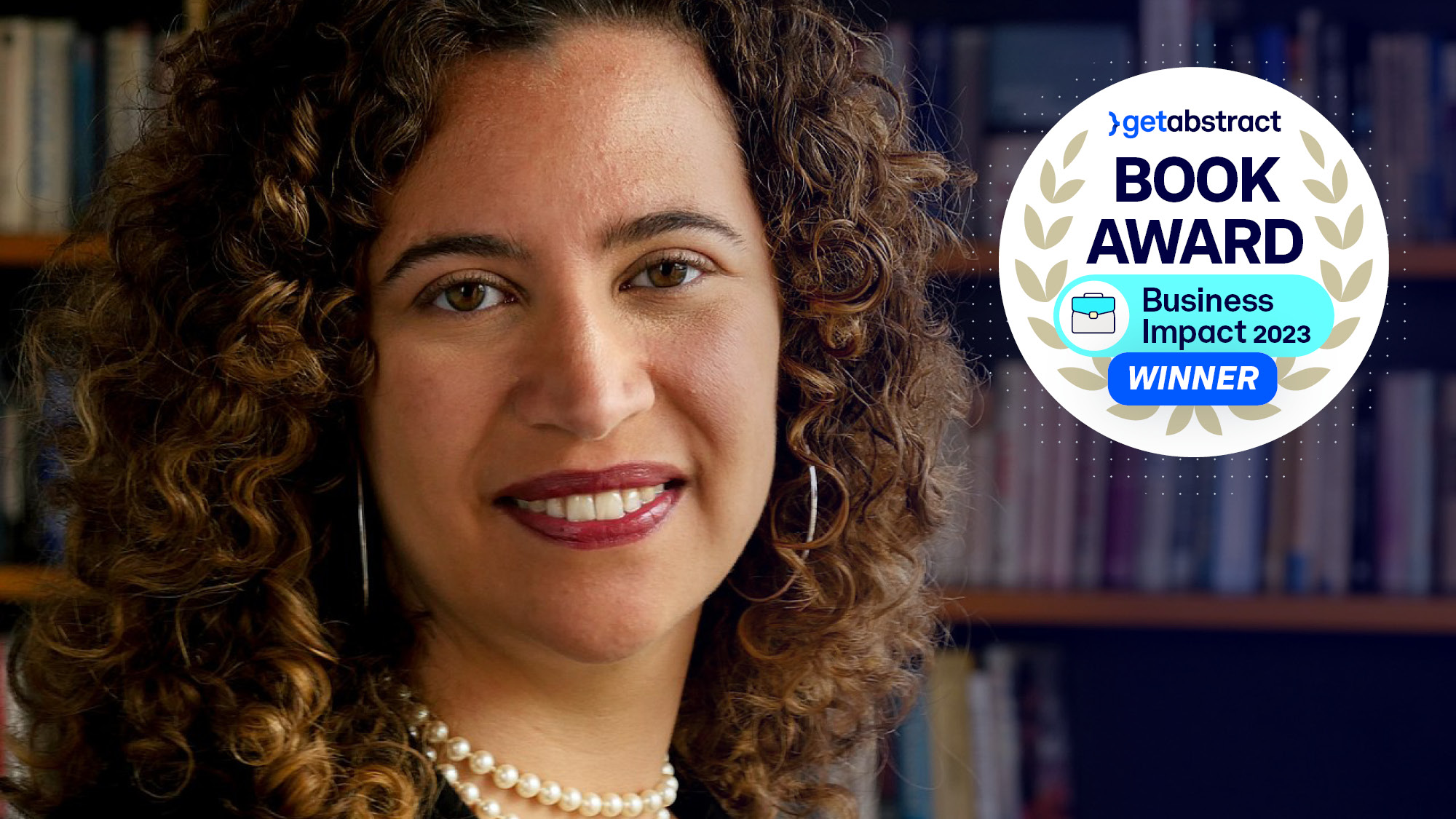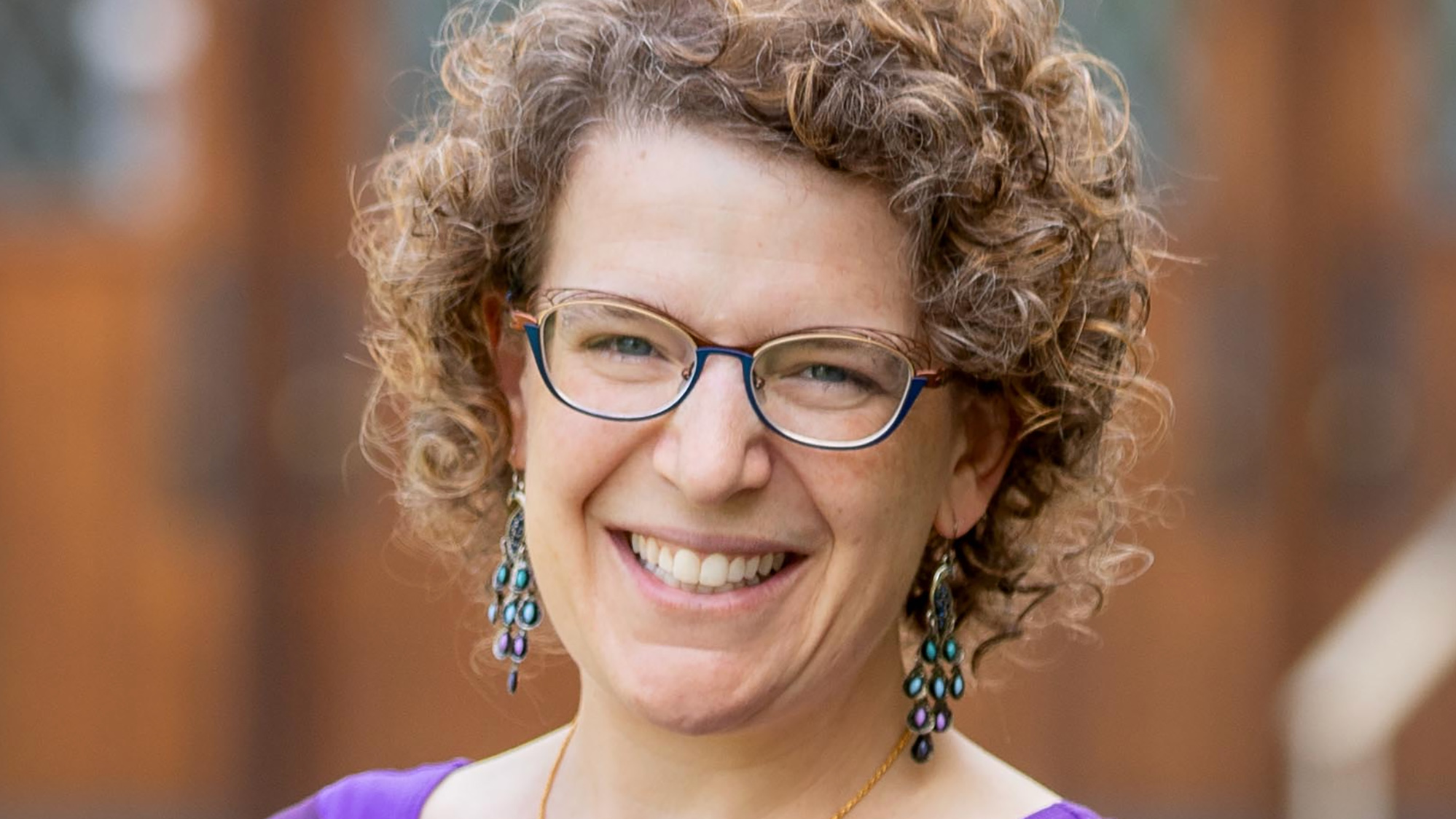Groundbreaking Research and Advice
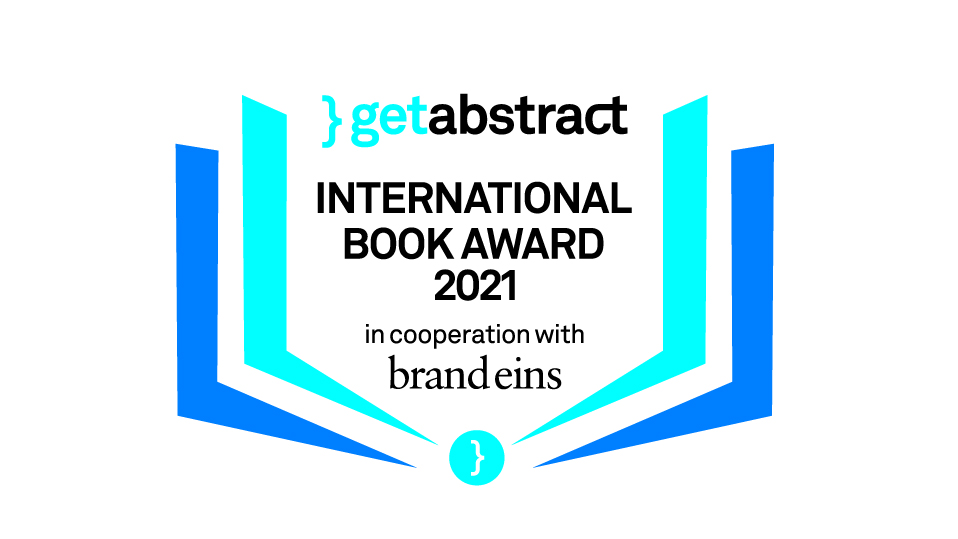
Nobelist Daniel Kahneman is a Princeton professor emeritus and the author of the seminal Thinking, Fast and Slow. His co-authors are strategic thinker Olivier Sibony, professor and author of You’re About to Make a Terrible Mistake!, and information scholar, prolific author and Harvard professor, Cass R. Sunstein, senior counselor in the US Department of Homeland Security.
This trio of important thinkers concludes that thinking itself needs work. They find in Noise that whenever people exercise judgment, they create noise – the static interference of assumption, guesswork, variability and fog. For instance, noise is at work when information requires interpretation, and interpreters disagree.
Two people (or 100) may have the same data, but see different meanings in it. The authors’ noise audit of insurance underwriters found that the median difference in their estimates for the same claim was a shocking 55%.
When people lack a clear, correct answer, they weigh the possibilities and assign probability. Noise buries their errors. Unlike systemic, identifiable bias, noise is random and hard to detect. It creates unfairness and interferes in the courts, medicine, economics, performance reviews and many other endeavors.
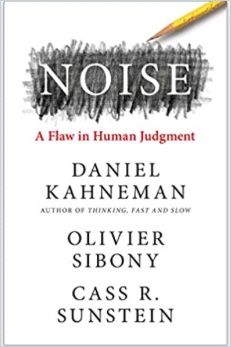
Noise audits can identify and eliminate noise, leading to more accurate outcomes. However, the best cure for noise is to prevent it before it happens. If you practice “decision hygiene” – sequencing information, aggregating independent estimates and setting guidelines – you can prevent downstream errors and injustices.
Human judgment is valuable because it is nuanced and has a moral edge, but too often it hangs on intuition – the mood or the moment – which adds randomness to decision-making. Mechanical noise reduction – say, using an algorithm to help decide between two job candidates – may be better than error-prone human conclusions. Complete noise reduction isn’t always feasible or warranted, but improvement can mean better justice and more accuracy.
The authors conclude that noise won’t go away on its own. Rectifying it requires effort. So it’s time to give this fundamental research more attention – in both private and professional spheres. For the benefit of everyone around us.
Fortunately, Kahneman, Sibony and Sunstein’s groundbreaking book offers useful tools and methods to assess and reduce noise, a practice that could help make the world less random and more equitable.
